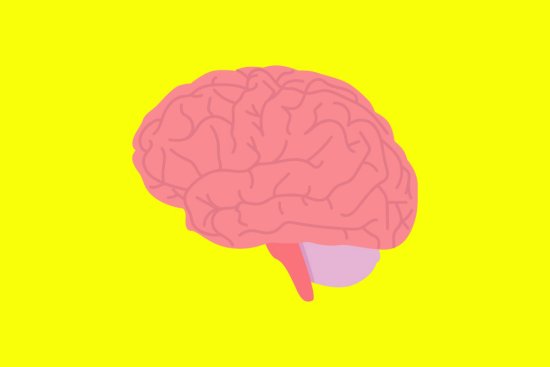
From Mozart to rosemary oil
You can’t find your keys. The name of your mailman is on the tip of your tongue. Here are surprising tricks that will help you remember stuff today—and keep your mind sharp as you age.
Think better now
Tune in to Mozart. A new Finnish study found that listening to classical music enhances the activity of genes involved in memory.
Sniff rosemary oil. People who did this were better able to remember to complete tasks, per research presented at the 2013 British Psychological Society annual meeting.
Take a laugh break. After seniors watched a funny video in a 2014 study, their cortisol levels dropped and they did better on memory tests. No matter your age, “anything that lowers stress will improve memory,” says Majid Fotuhi, M.D., chair of the Memosyn Neurology Institute and author of Boost Your Brain.
Pick up a language. English speakers who studied Chinese for six weeks had better brain network connections, research found.
Take deep breaths. Studies show that meditation helps grow the hippocampus. Try Dr. Fotuhi’s 7-7-7 exercise: Inhale for 7 counts, hold for 7 and exhale for 7.
…And later
Turn off the TV. A 2005 study in Brain and Cognition found that the risk of Alzheimer’s went up 1.3 times with every added hour of TV a person watched per day between the ages of 40 and 59.
Hit the gym. People with low fitness levels in their 40s had less brain volume two decades later, per research from Boston University.
Get crafty. Folks who indulged their creative side in middle and old age were 73 percent less likely to develop memory problems, found a Mayo Clinic study.
Prioritize sleep. A review published in January revealed that people who enjoyed good-quality sleep in middle age had better mental functioning in their golden years. The sleep you get now may be crucial because it’s deeper than the sleep you get in old age, Dr. Small says: “It can help your brain clear out amyloid proteins associated with Alzheimer’s and reduces inflammation that can damage brain cells.”
This article originally appeared on Health.com
More from Health.com:
- 8 Ways Sex Affects Your Brain
- 17 Ways to Age-Proof Your Brain
- 3 Tricks to Boost Your Brain the Easy Way